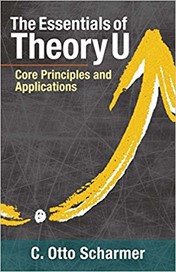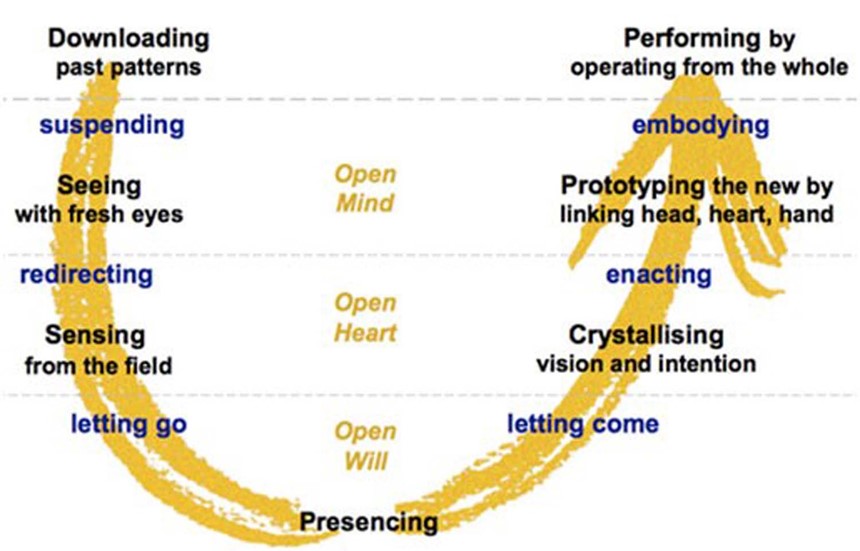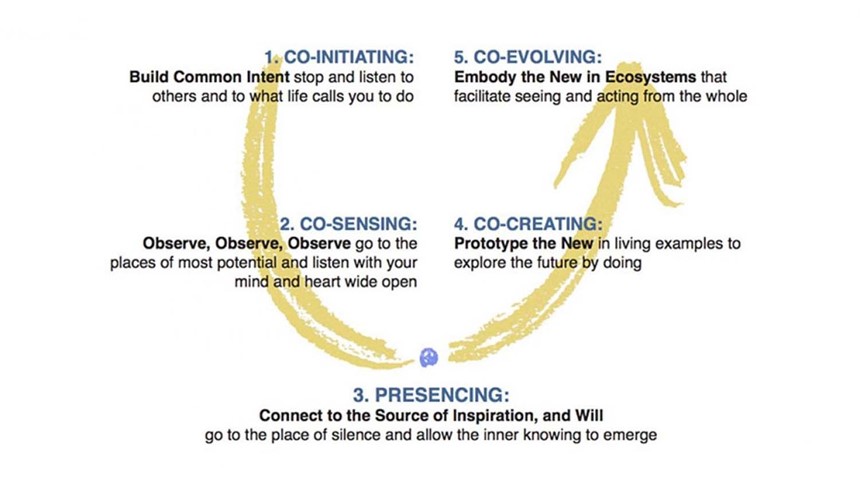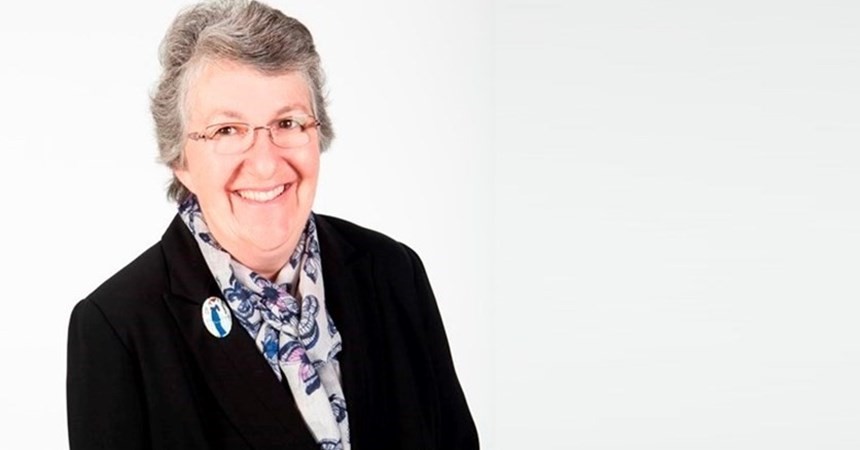This brings me to share with you something of a meeting I attended a couple of weeks ago regarding Broad Based Organising for the Common Good. I was invited to attend as a representative of the Catholic Church with the possibility that we may be interested in being involved with other faith-based organisations as well as with community groups in responding to the transition which society is experiencing. The aim of Broad-based Organising for the Common Good is to develop relational power to shape and influence public policy around issues that affect the wider community. These include but are not limited to educational reform, wages and benefits and health care availability.
Broad-based organisations build strong relationships within and across institutions, equip their members with leadership and organising skills and help them to act powerfully together on the concrete issues facing their communities. Ultimately it is about achieving social change for a community, by beginning with imagining and re-thinking what might be, followed by collective planning and action as well as standing together.
Sr Maribeth Larkin, a social services sister from Los Angeles, has worked for many years in assisting communities to develop broad-based organising initiatives. She spoke with us and quoted from Walter Bruegemann’s book, Hope within History. I found this summary of her words which I think may be of value for your reflection as we struggle with the changes to society and the consequences of how we see ourselves as a faith community.
Chapter 1: Israel’s Articulation of Faith Development
The story (and the retelling) of the Exodus tells us at least three things about how Israel understood “faith development”.
- It begins with a critique of ideology. “Every Israelite is personally thrust into a world of power politics and public reality…. Israel’s self-identity is from the outset a public one.” The world as it is (slavery in Egypt) is designed to sever the special interests of some at the expense of others. This world can be changed, and God is the agent of that change.
- It continues with the public processing of pain. “As long as persons experience their pain privately and in isolation, no social power is generated.” When people “cry out” as a community, in public, that is a revolutionary act. And God responds to that crying out.
- This public outcry and processing of pain leads to the release of new social imagination. “When the cry comes to voice…there is a new ability, courage, and will to hope, imagine, design, and implement alternative scenarios” of how the world could be. The expression of this release of imagination is always social (the Exodus is a communal, not a personal, event), liturgical (the victory song of Moses), political (the Israelites reject Pharaoh’s kingship and accept God’s kingship), and legislative (the Torah is the concrete expression of this new kingdom — replacing Pharaoh’s laws).
(https://masscommons.wordpress.com/2017/02/18/hope-within-history/)
Interestingly this is the basis for communities coming together in collective organising for the common good.
 As I participated in this information session, and have since reflected on it, I was reminded about some of the formation I have had in nonviolent leadership and Otto Scharmer’s work on Theory U, which is about creating new spaces from a growing and deepening level of awareness. Otto Scharmer wrote, Theory U: Leading from the Future as it Emerges. The Society for Organizational Learning, (Cambridge, USA, 2007).
As I participated in this information session, and have since reflected on it, I was reminded about some of the formation I have had in nonviolent leadership and Otto Scharmer’s work on Theory U, which is about creating new spaces from a growing and deepening level of awareness. Otto Scharmer wrote, Theory U: Leading from the Future as it Emerges. The Society for Organizational Learning, (Cambridge, USA, 2007).
In that book, and in his lectures, he quotes Vaclav Havel, a Czech statesman from the latter part of last century. Havel says profoundly:
I think there are good reasons for suggesting that the modern age has ended. Today, many things indicate that we are going through a transitional period, when it seems that something is on the way out and something else is painfully being born. It is as if something were crumbling, decaying, and exhausting itself – while something else, still indistinct, were rising from the rubble.
I have frequently written in my messages to you that I am conscious that in our own church something is dying - and I am called to provide palliative care to that while, at the same time, to be a midwife to that to which we are giving birth. Both the birthing and dying are painful processes which must be lived through. There is pain in both, grief in one and the anticipation of joy in the other.
I thought it would be good to share with you the image of Otto Scharmer’s Theory U in which you travel down the left hand side of the U, wait at the bottom of the U and then ascend the right hand side of the U. It reminds us to spend a significant period of time in the present. I think the diagram is very self-explanatory and I invite you to study it and to imagine aspects of your own life, family life, work life, church life etc. to which you could apply what you are seeing and reading.

It is about creating new spaces by letting go of the old, and letting something new come
The core elements are:
- co-initiating: Build common intent - stop and listen to others and to what life calls you to do
- co-sensing: Observe, observe, observe the field of change - go to the places of most potential and listen with your mind and heart wide open
- presencing: Connect to the source of inspiration and common will - go to the place of silence and allow the inner knowing to emerge
- co-creating: Prototype the new in living examples to explore the future by doing
- co-evolving: Embody the new ecosystem that facilitate seeing and acting from the whole.

As you can see and read, it is about linking our combined intelligences of the head, the heart and the hand. It is about the thinking, the feeling and the doing. It does not favour one over the other but calls for a holistic observance and response. It calls for calm and patience. It also calls for active waiting. I think it calls upon us to recognise the presence of God in the moment and honour that presence.
For those of you who read this message on Tuesday afternoon, Bishop Bill will be breaking open - for some people of the diocese - his thought bubble around the new Council for Mission which is going to replace the Diocesan Pastoral Council.
I hope and pray that the processes of discernment which will be used by this Council for our diocese will invite those who say ‘yes’ to being on the Council for Mission to follow the processes suggested by Walter Bruegemann and Otto Scharmer.
I hope you find this material of value for your own life and community pursuits in this time of significant social transition.

